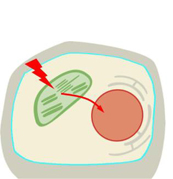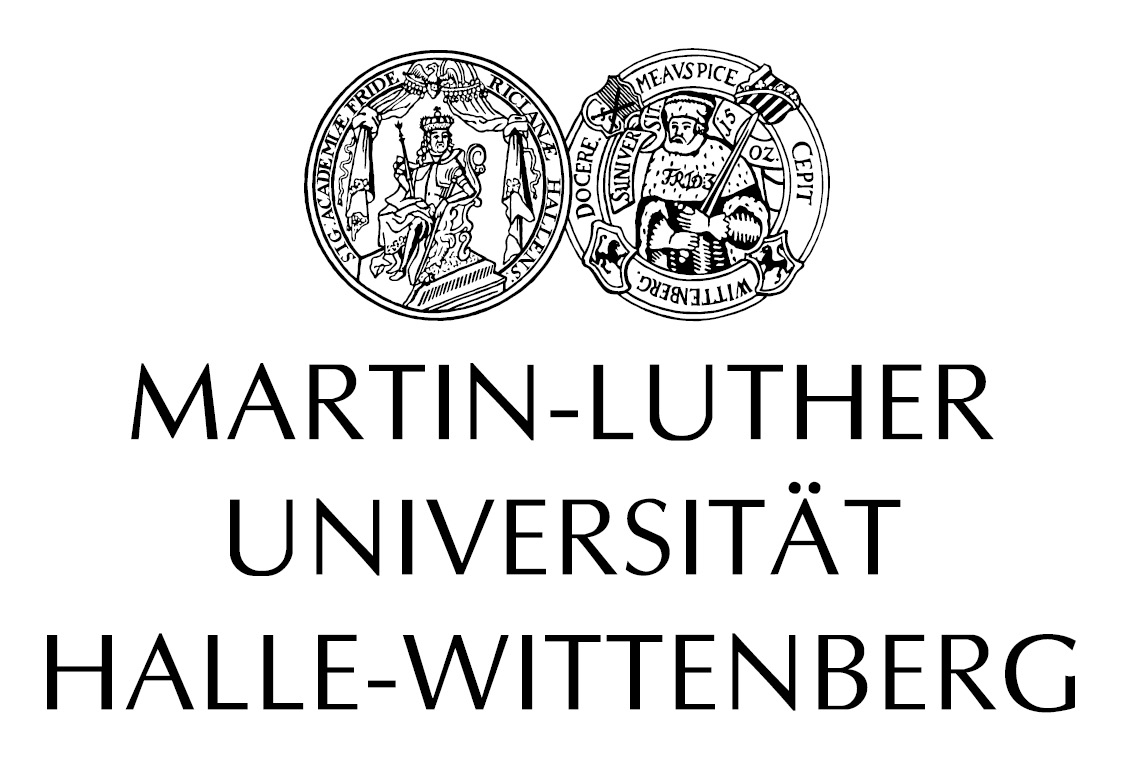
Retrograde signaling components in Arabidopsis thaliana
Project Leader// Prof. Dr. Klaus Humbeck
Co-Supervisor// Prof. Dr. Karin Krupinska (CAU Kiel)
MLU, Institute of Biology
Plant Physiology
Leaf senescence and stress responses are critical processes for plant performance in a changing environment. Both processes rely on the re-programming of nuclear gene expression and changes in chloroplast function. As chloroplasts can act as an environmental sensor, it is believed that some chloroplast-derived factors play an essential role in retrograde signaling that delivers the stimuli and upstream-regulates nuclear senescence/stress-responsive gene expression. Dual-targeted proteins appear to be promising candidates of retrograde signaling components since they can translocate from chloroplast and/or mitochondria to nucleus. Among these candidates the transcription factor WHIRLY1 is a reasonable candidate to play a signaling role in response to stress conditions, such as drought, and senescence. More dual-targeted proteins (pTAC12/HEMERA, NCP, RCB) are also potential components of retrograde signaling in stress-responses and leaf senescence. Even if there is a range of potential retrograde signaling components known, there is still to clarify if they are involved in retrograde signaling leading to leaf senescence and stress responses and how do these proteins function in the retrograde signaling pathways. Further it is questionable how the proteins dual-localize and how the localization is related to the protein function. By investigating developmental and stress-responsive signaling in wild-type and mutant lines under various conditions the project addresses these questions with various physiological approaches to e.g. characterize photosynthetic performance under stress conditions and molecular biology applications to e.g. determine changes in expression patterns.



